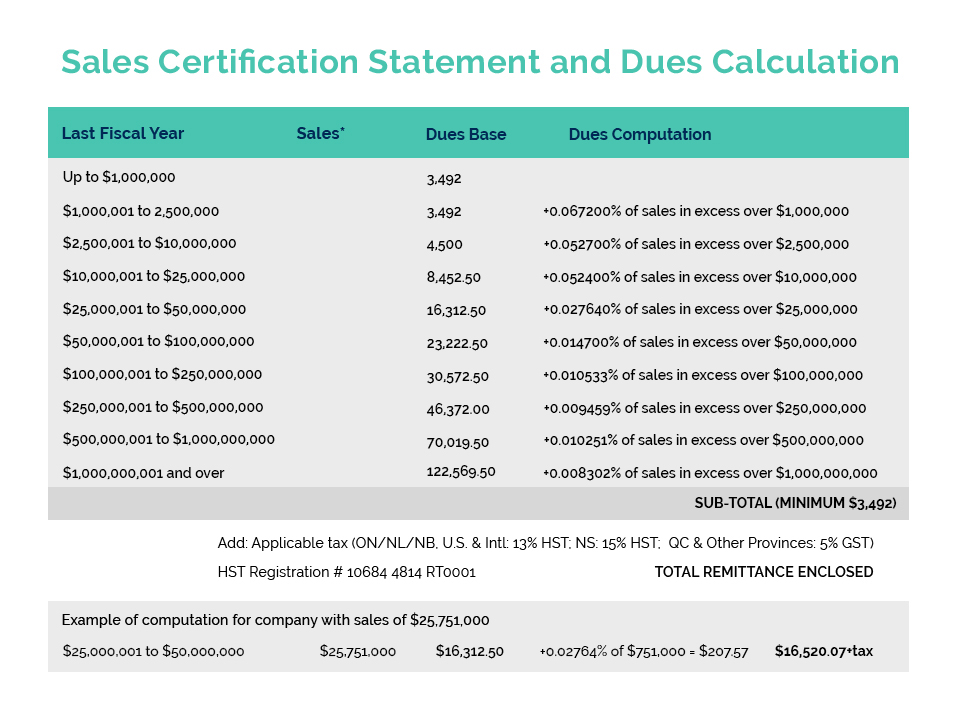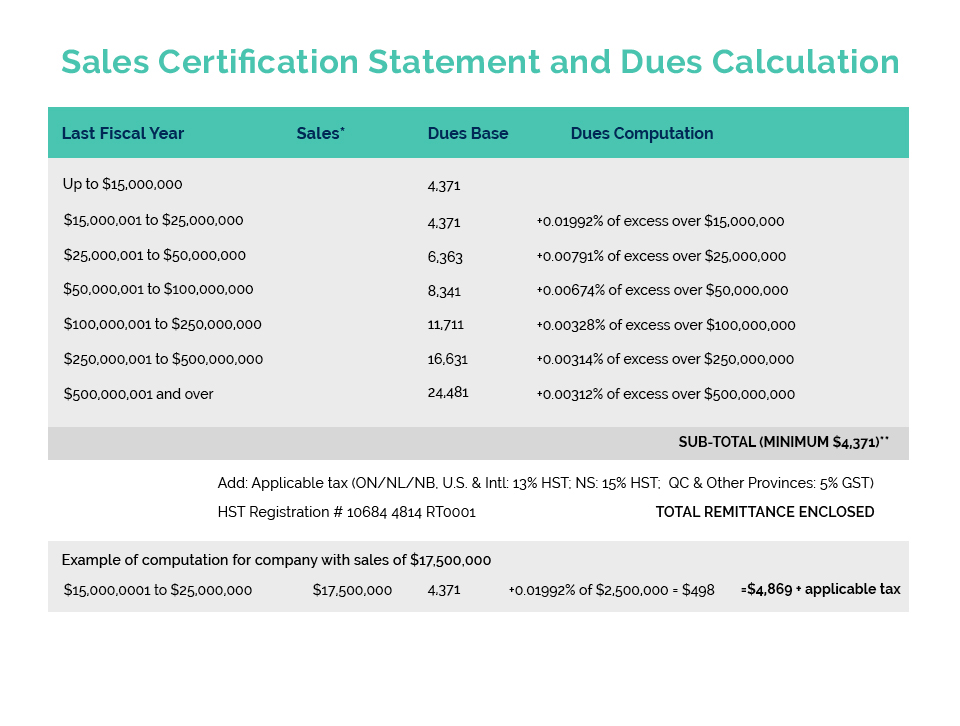On May 13, 2021, the Quebec government introduced Bill 96 – An Act respecting French, the official and common language of Québec (the “Bill”). The Bill proposes significant amendments to the Charter of the French Language (the “Charter”), and among other things, strengthens provisions governing the use of French as the language of business and commerce in the province of Quebec.
Key excerpts from the preamble are being provided for informational purposes only at this time:
- The bill strengthens provisions relating to the use of French as the language of commerce and business, in particular as concerns signs and posters …
- The bill proposes several amendments with regard to French as the language of the civil administration. It thus imposes on the civil administration the duty to use French in an exemplary manner and exclusively, subject to certain exceptions.
- The bill introduces various measures to, among other things, extend francization to enterprises employing 25 or more persons.
- The bill makes clarifications and adjustments to the functions and powers of the Office québécois de la langue française, in particular those concerning complaints, disclosures, inspections and investigations, and grants it the power to issue orders to put an end to certain failures to comply with the Charter of the French language.
While no changes are being proposed to the packaging and labelling of products or the protections of CUSMA including the right to over label, key take-aways of the proposed bill, as it may affect Cosmetics Alliance members, are:
- In all instances the bill refers to French and “a language other than French”;
- Significant increase in the investigative and enforcement powers of the Office Québécois de la langue française, as well as a dramatic increase in the quantum of financial penalties. In particular:
– the right to access data contained in an electronic device, computer system or other medium or to verify, examine, process, copy or print out such data;
– the right of entry to access data has increased beyond a place open to the public to now include anywhere but a dwelling house;
– fines have been increased for individuals and companies…the latter increasing from a range of $1,500 to $20,000, with the fines doubled for a subsequent offence to a range of $3,000 to $30,000, the minimum and maximum fines are doubled for a second offence and tripled for a subsequent offence, although in some instance these fines can be increased.
– If an offence under this Act continues for more than one day, it constitutes a separate offence for each day it continues;
– on an application made by the prosecutor, in addition to any other penalty, a further fine not exceeding the financial benefit realized by the offender as a result of the offence, even if the maximum fine has been imposed.
- The bill would extend the requirement to carry on business entirely in French from businesses with 50+ employees to businesses with 25+ employees;
- The current exception for “recognized trademarks” in a language other than French where no French language version has been registered would be dramatically restricted for any use on publicly visible signs, posters or advertising. Only registered trademarks would be able to rely on this exemption. Common law trademarks would not;
- The requirement for French language to have a sufficient presence on outdoor signage would be amended to require French to be “markedly predominant”.
This summary has been provided to Cosmetics Alliance by CA associate member:
Mary Griffith, B.A., M.B.A., J.D








